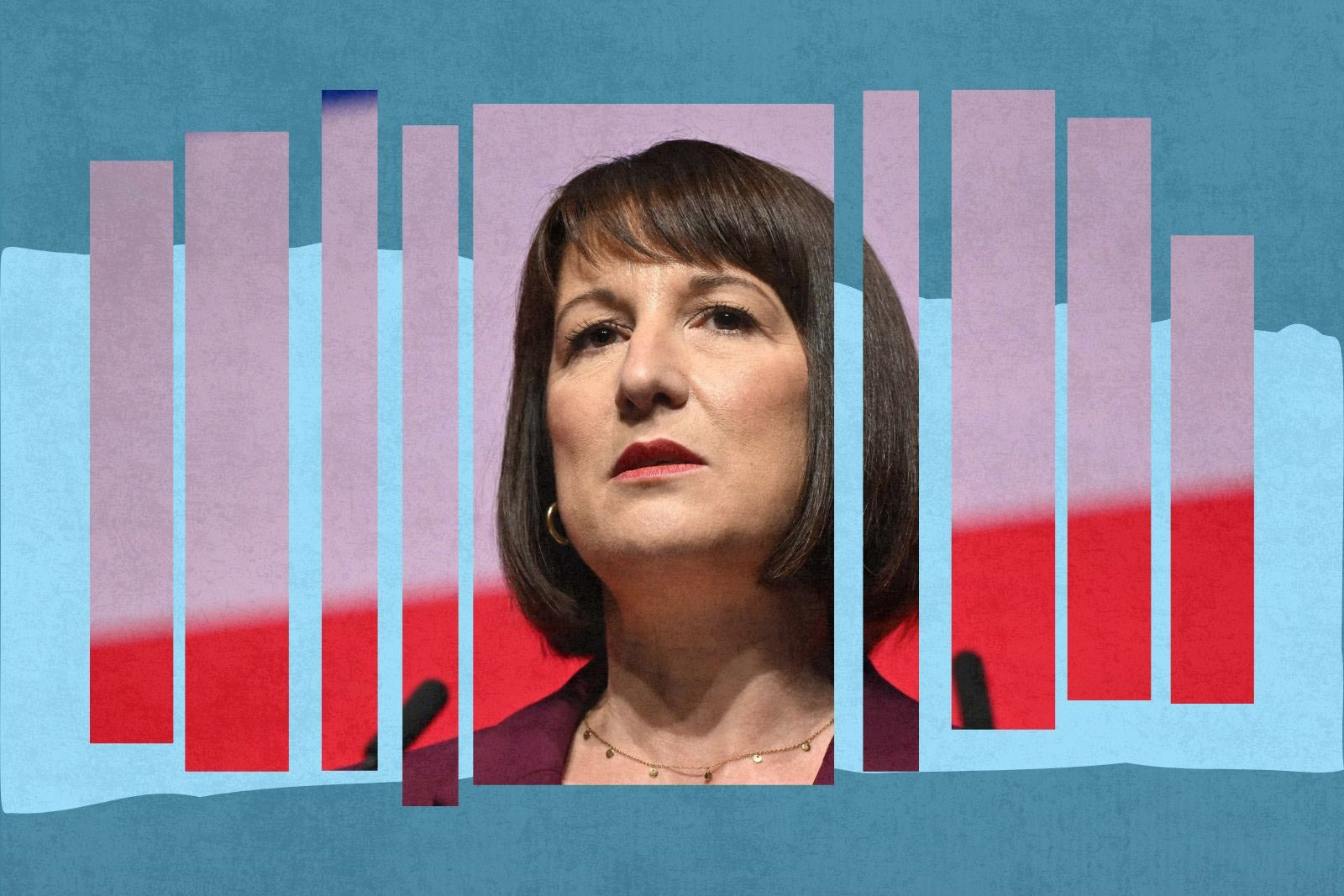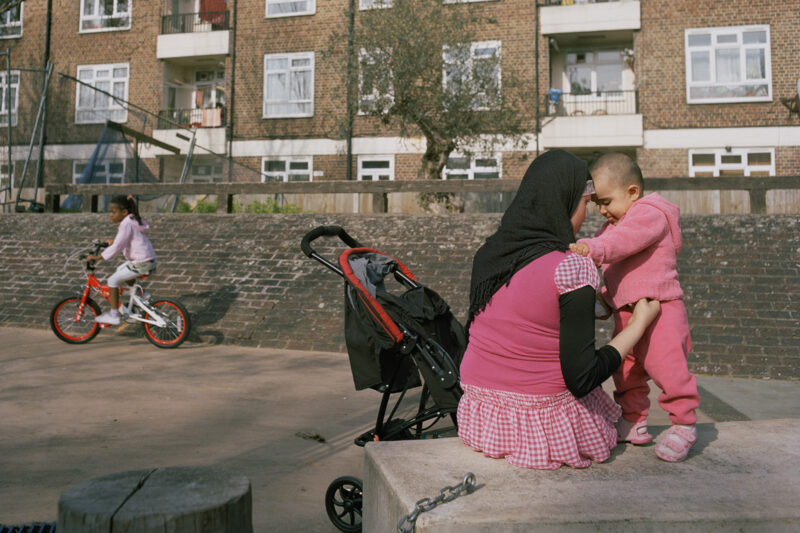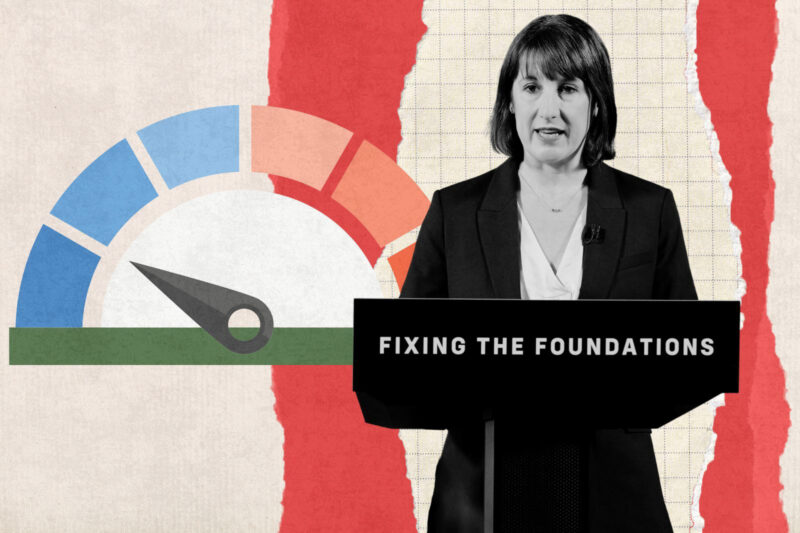Labour has a chance to turn Britain around with its first budget. Here’s how
Chancellor Rachel Reeves is expected to slash billions from welfare and public spending on 30 October. But there is another way

There was little in the way of euphoria in the air as thousands gathered in Liverpool for Labour’s annual party conference last month. Keir Starmer’s approval ratings have declined by a jaw-dropping 45 points in just a few months, most Britons now describe the new government as “sleazy” and Starmer himself is more unpopular than Marmite figures like Nigel Farage.
“It’s disgusting,” says pensioner Maggie Roberts, 75, in Weston-super-Mare, referring to the government’s freebies scandal. “Starmer gets free suits and glasses while we struggle to put food on the table and are forced to sit in the cold this winter.”
As the vice chair of Unite the Union’s retired members branch, Roberts has been contacted by many members who are fuming about cuts to the winter fuel payment. “One of our disabled members is 80p above the criteria for pension credit,” she says. “He’s in dire straits.” Weston-super-Mare elected a Labour MP for the first time in its history this year — a victory Roberts now believes will never be repeated.
Labour’s strategy is familiar: to blame unpopular decisions on its predecessors’ profligacy. Every other day, in the early 2010s, David Cameron and George Osborne would justify their devastating austerity cuts by blaming “the last Labour government”. Now the roles in the financial blame game have been reversed and Starmer and chancellor Rachel Reeves can point the finger at the other side for “crashing the economy”.
But hammering the Tories while mimicking their policy playbook on tax and spend is not a viable political strategy in the long run. Perhaps Labour has managed to land some lasting blows on the Conservatives by repeating the mantra about their incompetence. But Starmer’s party is being hit left, right and centre too — by the Reform party, which came second in 89 parliamentary seats won by Labour at the last election; the Greens, who are eating away at Labour’s support in both urban and rural constituencies; and independent challengers who turned safe Labour seats to marginals at the last election.
So what can be done? Some political analysts insist that Labour has overcooked the doom and gloom messaging, that things can be fixed with a more positive and optimistic tone about the future. But sunlit uplands won’t be delivered by upbeat slogans and soundbites. It is in the area of policy that change is required.
First, we must reject the myth that Britain is a cash-deprived nation. Britain is the sixth largest economy in the world. As Joe Guinan and Howard Reed of The Democracy Collaborative point out, Britain’s GDP in 1945 was the equivalent of £383bn in today’s terms; it is £2.3tn today. In other words, they write: “We are more than five times richer in real terms than Attlee’s Britain.”
Clement Attlee inherited a mess when his Labour party won the 1945 general election, but the new government was committed to cleaning it up, leaving a legacy — the modern welfare state, including the NHS — from which we still benefit today. That is the sort of transformative change that carried Britain into the future.
Roberts remembers a time when Weston-super-Mare was a thriving seaside town. Today, she says, it has fallen into decline. “We have a big problem with homelessness and social care,” she says. “There’s no industry here. People are looking for jobs elsewhere.”
The Central ward where Roberts lives is among the most deprived in England. She laments the lack of social infrastructure in the area, blaming it on chronic underfunding of the local council. “I just want councils to do what they’ve always done,” she says. “Fill the potholes, provide libraries and youth centres. Young people are getting into trouble. They just need something to do.”
While Labour is adamant that there will be no return to austerity, numerous councils, battered and bruised by vicious Conservative cuts over the past 14 years, are pleading for greater support so that they are not forced to cut services even further. In Birmingham, an area already suffering high levels of poverty and youth unemployment, 16 of the cash-strapped council’s youth centres are at risk of closing.
Matthew Johnson, professor of public policy at Northumbria University, regards the last 45 years of British government as a “failed ideological experiment” in which decades of giveaways to business and prioritisation of multinational companies have fostered offshoring of wealth and low levels of investment.
In a new book, Act Now, Johnson and other public policy experts argue that an increase in taxes on carbon, land, corporations and wealth could raise just shy of £340bn annually for the government — a sum that would go a long way towards fixing our crumbling infrastructure, addressing the funding shortfall in local government and tackling the scandal of child poverty.
The transition to a green economy as the climate crisis worsens also provides an opportunity to rebuild British industry. Increasing taxes on carbon and fossil fuel production and introducing a permanent excess tax on fossil fuel companies would also enable a significant increase in investment in the low-carbon industries of the future. Labour has rowed back on previous commitments in this area, such as its pledge to make £28bn of green investment every year. That money could have been spent on improving the energy efficiency of homes, with a mass retrofit programme creating thousands of jobs and reducing carbon emissions.
Failing to adequately invest in industry, infrastructure and public services is fiscally irresponsible in the long term. Take the £1.4bn the NHS spends every year on treating people made ill as a result of poor housing. Or the £2bn that local councils are set to fork out on temporary accommodation this year due to a failure to build more social housing. Or the billions the NHS spends on private agencies because underpaid nurses are leaving the profession in droves. Addressing the root cause of these problems prevents us from spending on the symptoms in the future.
There are also numerous social issues associated with underfunding. In Middlesbrough, Hartlepool and Bolton — areas that have some of the biggest shortages of social infrastructure — the disastrous consequences of deprivation coupled with racism were made clear through violent riots over the summer.
The upcoming budget is an opportunity to radically transform Britain. It must involve an increase in taxes for those with the most wealth and an increase in investment in communities across the country. While investment in infrastructure is important, there also needs to be extra support for areas that suffer the double whammy of deprivation and poor social infrastructure. The Local Trust has identified 225 such neighbourhoods — overwhelmingly concentrated in post-industrial towns and cities in the north of England and the Midlands, as well as coastal areas in the south-east.
Roberts, however, remains sceptical that the government will pursue such policies, and is increasingly anxious about the future. Pensioners in Weston-super-Mare, she says, will be forced to pick between heating and eating this winter as energy bills rise. But she worries even more about the lack of opportunities for young people. “They have nothing,” she says. Her message for Labour? “Give us some hope.”
 Newsletter
Newsletter













